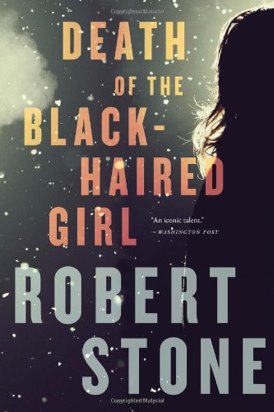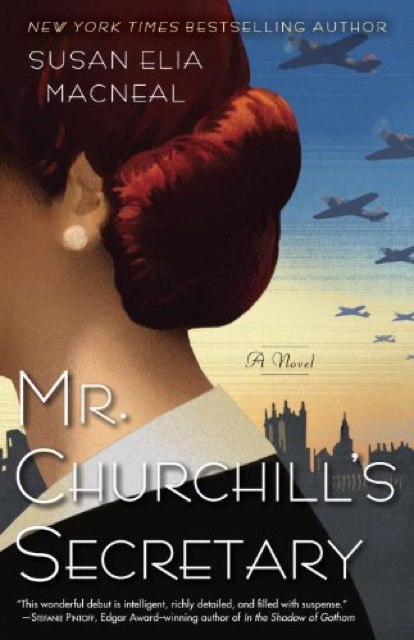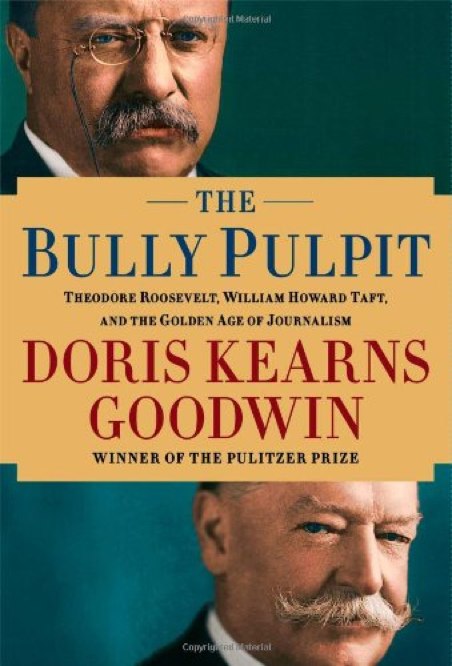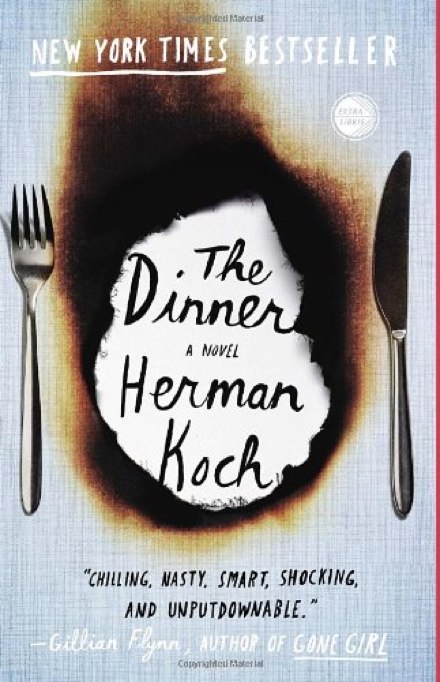by Robert Stone
This fascinating campus novel doubles as a formal experiment in genre mystery. The classic mystery begins with the first body – sometimes literally a corpse but always an upset in the natural order of things. The first body here is that Professor Steve Brookman is working out the best way to break up with his student lover, whose hair is indeed black. This upsets the natural order of things twice: Brookman, who seems like a nice fellow, is having an adulterous affair with an undergraduate student, which violates the rules if not the law, and we are beginning with the end of the affair, where the campus romance always begins with the beginning.
We continue in this vein, first leaning on and then pushing against the formal constraints of the mystery. Stock characters appear on cue – the girl’s father is a New York cop, the guidance counselor is a former nun – but suddenly emerge as three-dimensional characters. It’s a neat trick.





